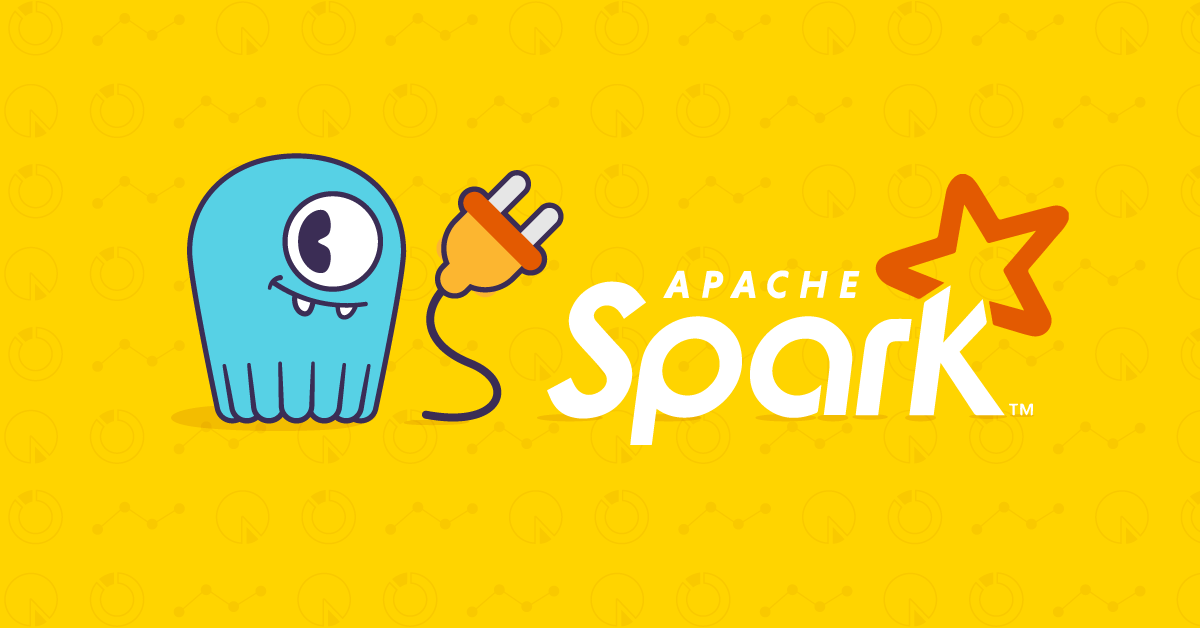
ScyllaDB and DataStax Enterprise have a common lineage in Apache Cassandra. Yet whereas DataStax built their enterprise product around the existing Java code base of Cassandra, ScyllaDB is a complete rewrite from the ground up in C++, compatible in every way from disk formats to wire protocols, yet optimized for Linux and modern multiprocessor, multicore NUMA architecture servers.
Not being tied to legacy code gives ScyllaDB specific advantages in terms of performance and reliability — such as no pauses for JVM Garbage Collection.
To help you understand some of the architectural design decisions and operational benefits of ScyllaDB we’ve written a whitepaper on the 6 Reasons to Switch from DataStax to ScyllaDB, highlighting our advantages and comparing features between the two databases. It covers everything: price-performance, consistency of performance, operational simplicity, maintainability, improved functionality, ease of migration and a side-by-side feature comparison.
If you are considering DataStax Enterprise and it seems a good fit for your use case, also consider reading this whitepaper, and then benchmarking it side-by-side with ScyllaDB.
DISCOVER 6 REASONS TO SWITCH FROM DATASTAX TO SCYLLA
Deepen Your Knowledge
If after reading this paper you still have questions, we’d invite you to contact us, or interact directly with our engineers and your fellow big data practitioners in our Slack channel. Also feel free to check out our on-demand webinars, such as our ScyllaDB Virtual Workshops. Or take a free course in ScyllaDB University to learn everything from how to get started to advanced topics in database monitoring and administration.




